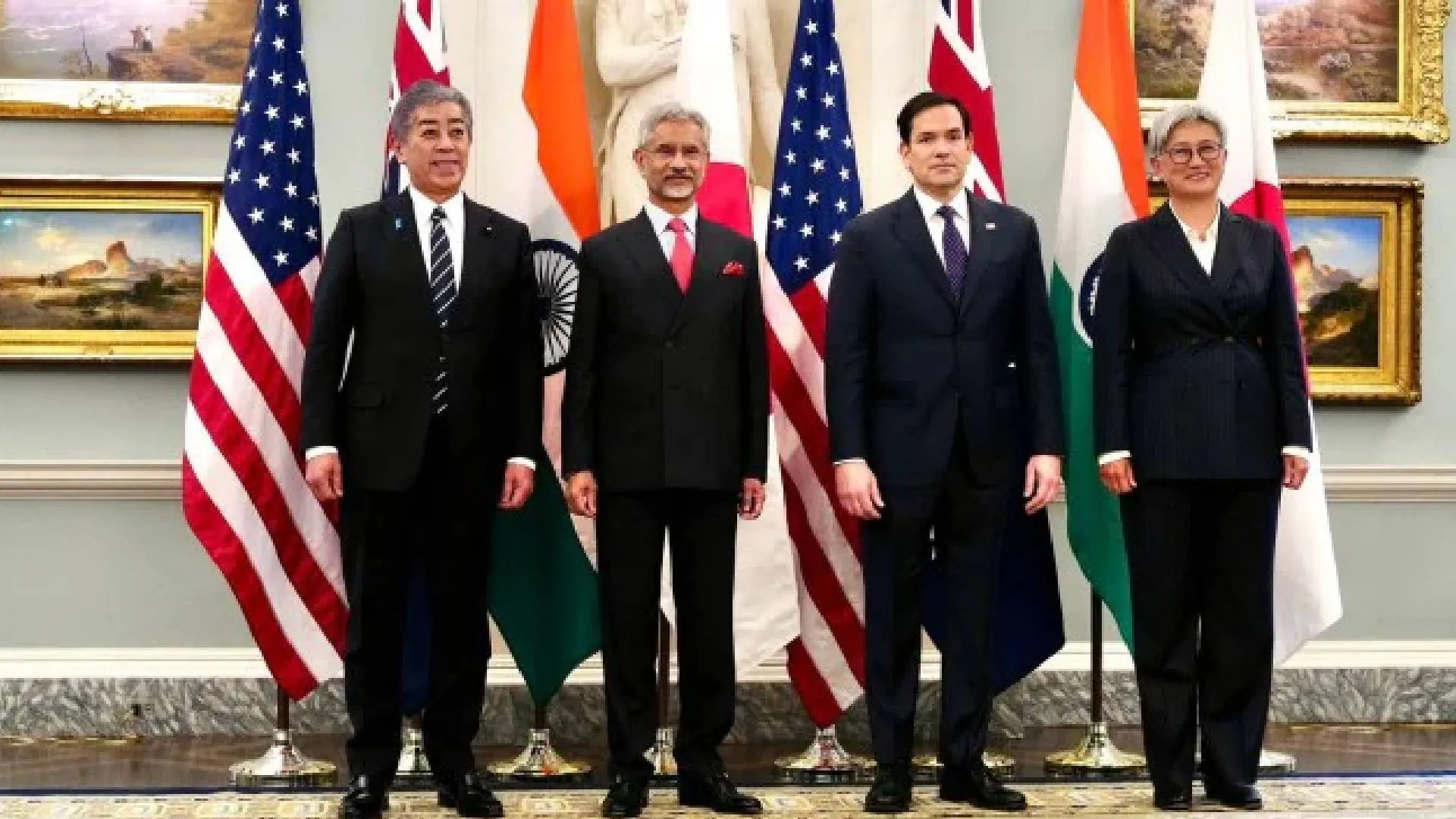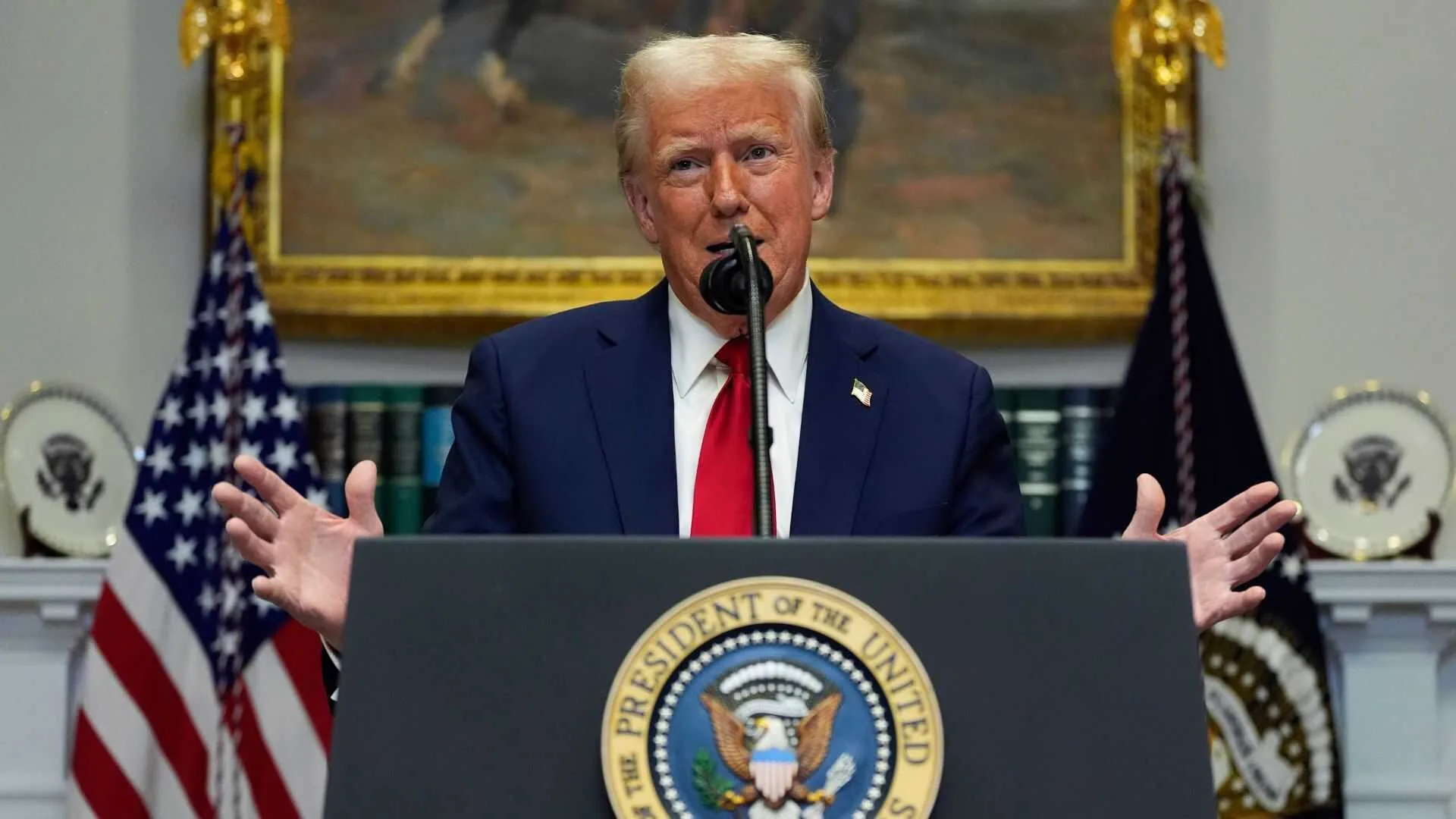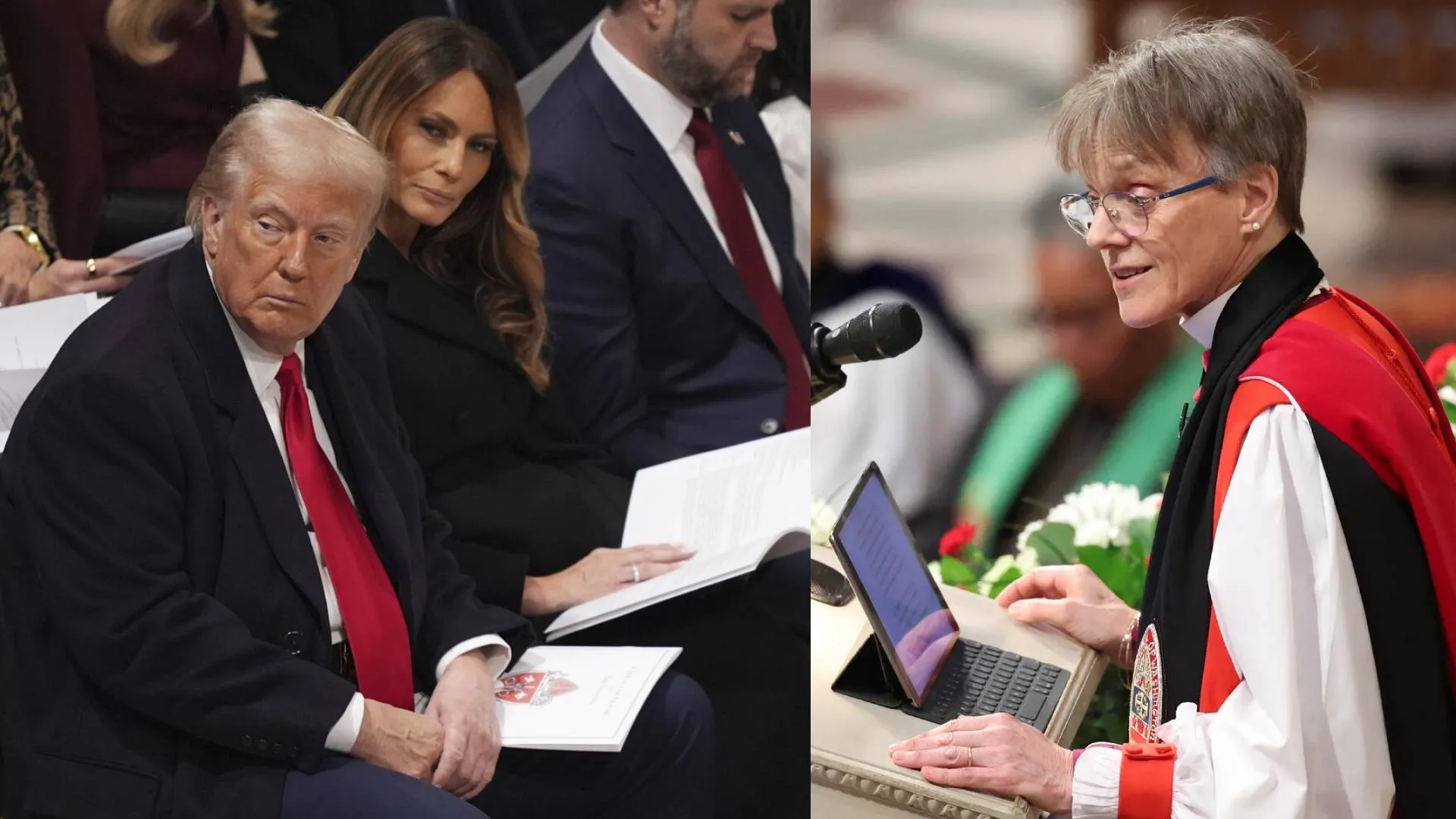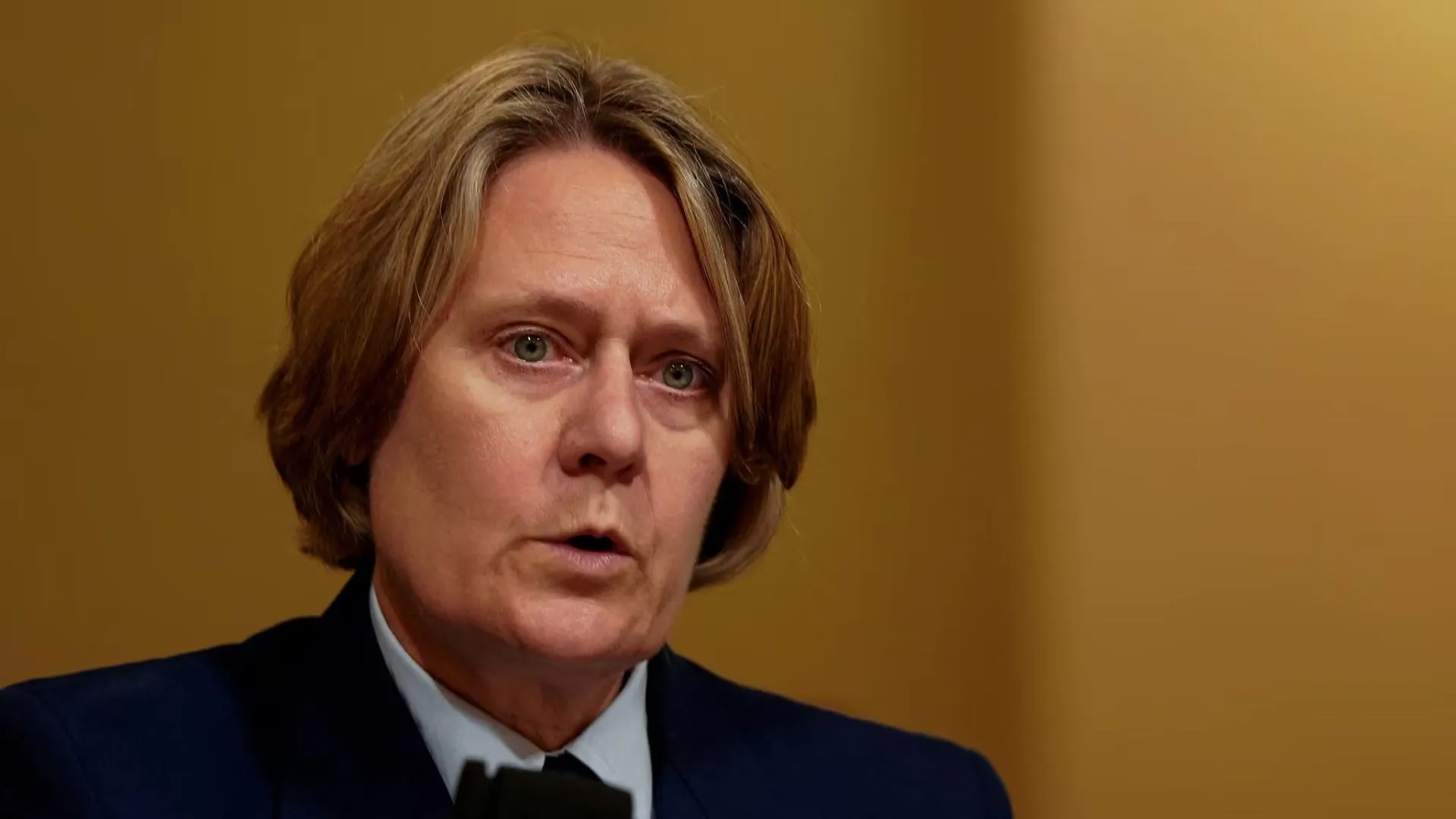The Donald Trump administration marked its first significant foreign policy engagement by hosting a Quad foreign ministers’ meeting, underscoring a unified commitment to fostering maritime, economic, and technological security in the Indo-Pacific. The meeting brought together representatives from the United States, Japan, India, and Australia, who reiterated their shared vision for a free and open Indo-Pacific amidst growing regional challenges.
Focus on Cooperation and Security
Secretary of State Marco Rubio, India’s External Affairs Minister S. Jaishankar, Australian Foreign Minister Penny Wong, and Japan’s Foreign Minister Takeshi Iwaya participated in the high-level discussions. The Quad leaders condemned unilateral actions aimed at altering the status quo through force or coercion, signaling a strong stance against China’s growing assertiveness.
The Quad ministers stressed principles like the rule of law, democracy, sovereignty, territorial integrity, and international law in committing to peace, stability, and economic opportunity in the region.
Supply Chain Resilience and Tech Cooperation
The meeting underlined the determination of the Quad to strengthen regional supply chain resilience. Given the world’s dependence on China for crucial supply chains, the Quad reaffirmed its commitment to diversify manufacturing and reduce vulnerabilities.
The ministers discussed collaboration in technology domains, including telecommunications, semiconductors, and cybersecurity. They highlighted the need to counter Chinese technological dominance and ensure robust tech security frameworks.
Quad Message to China
The ministers, in their joint statement, raised concerns over China’s actions in the South China Sea and increasing aggression toward its neighbors. The group opposed unilateral moves to alter the status quo, including China’s maritime disputes and coercive strategies in Taiwan and the Philippines.
The Quad underscored its commitment to strengthening maritime security, with initiatives like the maritime domain awareness program and joint military exercises. The ministers stressed the importance of adhering to international law and maintaining stability in contested waters.
India’s Role and Future Summit Plans
External Affairs Minister S. Jaishankar highlighted the Quad’s proactive approach to addressing global challenges. “Significant that the Quad FMM took place within hours of the inauguration of the Trump Administration. This underlines the priority it has in the foreign policy of its member states. Our wide-ranging discussions addressed different dimensions of ensuring a free, open, stable, and prosperous Indo-Pacific,” he noted, emphasizing the importance of thinking bigger and intensifying collaboration.
Attended a productive Quad Foreign Ministers’ Meeting today in Washington DC. Thank @secrubio for hosting us and FMs @SenatorWong & Takeshi Iwaya for their participation.
Significant that the Quad FMM took place within hours of the inauguration of the Trump Administration. This… pic.twitter.com/uGa4rjg1Bw
— Dr. S. Jaishankar (@DrSJaishankar) January 21, 2025
India’s hosting of the next Quad Summit later this year will mark a historic moment, as it becomes the venue for President Trump’s first visit to the country in his inaugural year. This reflects the growing significance of India-US ties and the Quad’s strategic partnership.
Trump Administration’s Signals to China
The Quad meeting occurred amid mixed signals from President Trump on his administration’s China strategy. While Trump has shown an interest in engaging diplomatically with Chinese President Xi Jinping, his administration’s actions suggest a cautious approach toward Beijing.
The meeting’s timing—hours after the inauguration and confirmation of Marco Rubio as Secretary of State—demonstrates the priority the Trump administration places on Quad cooperation. The bipartisan support for Quad underscores its critical role in shaping Indo-Pacific geopolitics.
Australian and Japanese Perspectives
Australian Foreign Minister Penny Wong emphasized that the Quad shares a common vision for a peaceful Indo-Pacific. “The early timing of this meeting reflects our collective determination to work for regional stability and prosperity,” she said.
Japanese Foreign Minister Takeshi Iwaya reiterated Japan’s commitment to the goals of the Quad and praised the group’s efforts in working on the challenges in the maritime domain.
Cooperation and Competition in Balance
Despite the Trump administration’s signals of openness toward diplomatic engagement with China, the Quad meeting sent a strong message of collective resolve. The group’s focus on maritime security, supply chain diversification, and technology underscores its commitment to a rules-based international order.





















